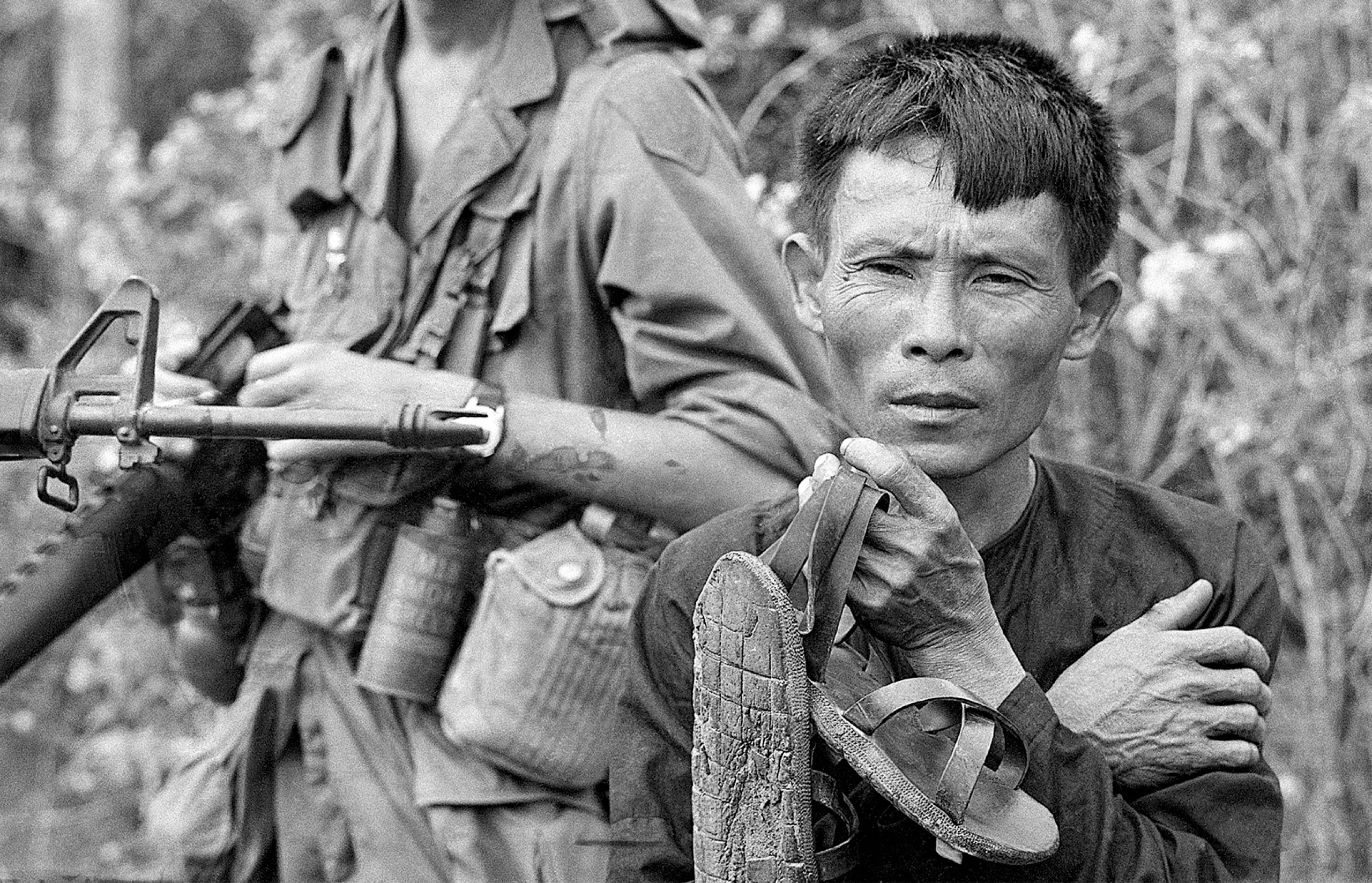Originally published in 1972. It won won the Pulitzer Prize, the Bancroft Prize, and the National Book Award. I first read this book in my early twenties, and I continue to re-read it. “Fire in the Lake: The Vietnamese and the Americans in Vietnam” by Frances FitzGerald is indeed a significant and highly acclaimed non-fiction book that has made a lasting impact on our understanding of the Vietnam War. It stands out for its multifaceted examination of the conflict, encompassing not only military and political aspects but also delving into the cultural and social dimensions that shaped the war’s trajectory. This marked the debut of a significant American-authored book on Vietnam, encompassing its history and the involvement of the United States in the region.
FitzGerald described it as a “preliminary account of history.” She delved into millennia of Vietnamese history and culture, revealing how these factors influenced the interactions between the Vietnamese and the United States. She contended that the U.S. had limited comprehension of Vietnam, primarily responding to the communist threat rather than acknowledging the nation’s enduring struggle for independence from foreign forces. The book scrutinizes the U.S. government’s lack of awareness regarding Vietnam’s history, particularly its enduring commitment to expel foreign invaders. Despite the formidable population and resources of the Chinese, the Vietnamese resisted their domination for a millennium. Many Vietnamese viewed American forces as another wave of foreign intruders.
This comprehensive work delves deeply into history, with the narrative reaching the Tet Offensive at approximately 90% completion. It explores subjects such as the monotheistic Cao Đài religious sect in Tay Ninh, the corrupt regime of Ngo Dinh Diem, and the era of “Nixon’s War.” During her discussion of the Battle of Bong Son, Fitzgerald critiques the futility of the U.S. reliance on body counts as a measure of success.
Moreover, by considering death and destruction as the sole ‘yardstick of progress,’ it implied that these had intrinsic value in terms of winning the war. The possibility that the enemy might continue to recruit, rearm, and rebuild (often fueled by people incensed by American destruction) appeared to be overlooked in these calculations.
The book’s exploration of Vietnamese history, culture, and society is particularly commendable. By providing readers with a comprehensive context, FitzGerald helps us grasp why the Vietnam War unfolded as it did. Understanding the influence of Confucianism, Buddhism, French colonialism, and the emergence of communism in Vietnam adds depth to the narrative and highlights the complexities of the situation. FitzGerald argued that American principles of freedom, democracy, optimism, and technological progress clashed with Vietnam’s values, culture, agrarian economy, and extensive history of conflicts with France and China, essentially dooming the Vietnam War from its inception. Vietnamese governance, history, politics, and warfare were profoundly distinct from the American experience, with a cultural legacy of ancestor veneration and a divergent belief in effective governance (the Mandate of Heaven). The U.S. government’s failure to recognize these distinctions contributed to its failure in the war against the North Vietnamese and insurgents.
FitzGerald’s analysis of the relationship between the Vietnamese people and the Americans is another notable aspect of the book. Her critique of American policy and military strategy, rooted in misunderstandings and differing worldviews, sheds light on the failures of U.S. involvement in Vietnam. In her writings, FitzGerald observed, “Yet American officials, in their support of the Saigon government, insisted they were defending ‘freedom and democracy’ in Asia. They would leave American troops to confront the reality that the Vietnamese did not neatly fit into the categories of ‘communist’ or ‘democrats.’ Under different circumstances, this unwavering ignorance…” She added, “No matter what strategy the American government employs in pursuing the war, it will merely postpone the inevitable.”
The book’s title, drawn from a Vietnamese proverb, is not just a clever choice but also a recurring theme that reinforces the interconnectedness of opposing forces and the duality present in Vietnamese culture. This thematic element adds a layer of richness to the narrative. The fact that “Fire in the Lake” received the Pulitzer Prize for Non-Fiction in 1973 is a testament to its significance and scholarly quality. In summary, Frances FitzGerald’s “Fire in the Lake” is a seminal work that offers a comprehensive, nuanced, and thought-provoking analysis of the Vietnam War. Its examination of cultural, historical, and political factors contributes to a deeper understanding of the conflict and its repercussions, making it a valuable resource for anyone interested in this crucial period in history.
*The views and opinions expressed on this website are solely those of the original authors and contributors. These views and opinions do not necessarily represent those of Spotter Up Magazine, the administrative staff, and/or any/all contributors to this site.

